The Turkish community in Germany is strongly critical of a coalition agreement between the Conservatives and Social Democrats for “sidelining” issues related to the country’s Muslim population.
Germany’s Christian Democrats and the Social Democrats reached an agreement to form a coalition government on Wednesday, concluding 45 days of negotiations after the early elections held on Feb. 23.
In addition to strengthening domestic policy by increasing police powers, expanding digital surveillance and setting up a national crisis team, the agreement entails a tougher stance on irregular migration, Chancellor-in-waiting Friedrich Merz announced.
He said the agreement would establish a “strong government capable of taking action” in response to mounting domestic and international challenges.
According to the new policies, Germany will introduce controls at national borders and begin returning asylum-seekers on the borders, intensify deportations, end voluntary admission programs and suspend family reunification.
The conservative leader had campaigned on stricter immigration controls and economic reforms but failed to deliver concrete results during weekslong coalition negotiations. He is under increasing pressure as opinion polls show his Christian Democrats (CDU/CSU) have fallen to 24%, their lowest in three years, while the far-right Alternative for Germany (AfD) party has reached its highest-ever polling numbers at 25%.
With the new coalition, Merz plans to reverse citizenship law reforms enacted by the previous government, ending the path to German citizenship after three years of residency – generally called “Turbo citizenship.” Under the new rules, migrants will only be eligible for naturalization after five years of successful integration.
Speaking to Anadolu Agency (AA), Gökay Sofuoğlu, co-chair of the Turkish Community in Germany (TGD), pointed out the absence of people of immigrant origin in the 19-person delegation that led the negotiations.
“We are seeing the results of the fact that the immigrant perspective is not reflected in the coalition protocol,” he argued.
The steps taken to ensure domestic security and the protection of Jewish people must really happen, but on the other hand, there hasn’t been much commentary on the security of the Muslim community, the Sinti and the Roma and Black people, Sofuoğlu said.
Germany should take responsibility for the security of all people within its borders, he stressed.
“The coalition agreement does not provide sufficient data for immigrants in particular to feel safe in this country,” he said.
“Muslims and Islam are either not mentioned at all in the coalition agreement or the issues that are mentioned are negative issues in terms of security.”
Sofuoğlu believes the coalition is responding to “daily problems and polemics” rather than shaping German society for the future.
“In other words, we see the influence of the AfD in the coalition agreement,” he said. “After all, it is not possible to talk about social peace in a situation where immigrants, who make up 25% of society, are excluded and do not see themselves as part of this coalition agreement.”
When asked whether the measures planned by the new government would have a concrete effect on stopping the rise in AfD votes in the future, Sofuoğlu argued the issue in Germany is no longer about stopping AfD but about “making the AfD mentality and ideas part of other parties.”
The changing mentality in Germany, and the fact that 60% of the population now accepts the AfD’s mentality and are partners in the government, and running the government, is more dangerous than the AFD getting 25% or 26% of the votes, according to Sofuoğlu.
“Because it goes to show from now on, issues that have not been talked about in Germany for years will be talked about, unspoken slanders will be voiced and the far-right mentality will settle into the center of society.”
He believes this is the biggest problem facing Germany “because a change in the mentality of a society is a concerning development about Germany’s future, democracy and especially the future of migrants in Germany.”
Sofuoğlu drew a parallel to a similar shift to far-right mentality in other European countries. “When we look at it in light of these developments in Europe, a structure is emerging that is moving away from its own values, withdrawing into itself and eliminating its reasons for existing while doing so,” he said.
Regarding the coalition’s controversial plans to increase the crackdown on migration, Sofuoğlu doesn’t estimate Germany will be “free of this dilemma.”
“This will be discussed in the coming period, but the way it is discussed is very harmful,” he said. “These discussions are maintained by creating the perception that immigrants in Germany, especially Muslim immigrants, are potential criminals.”

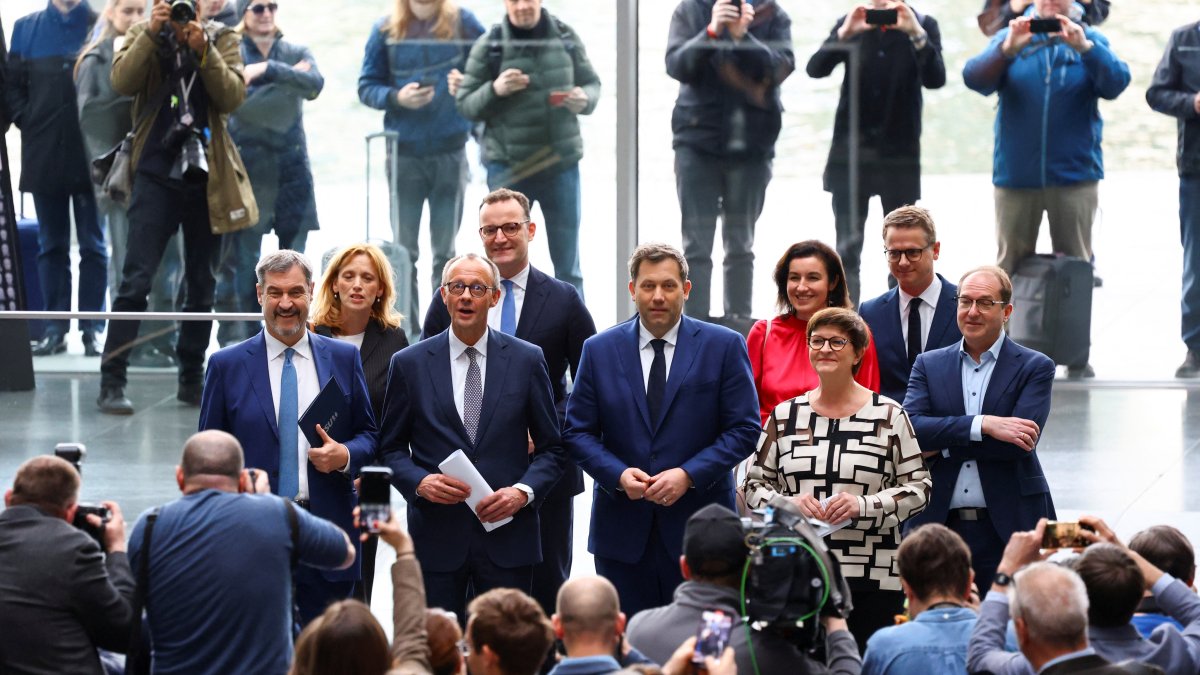



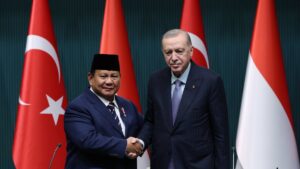
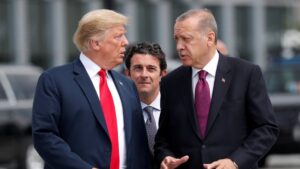

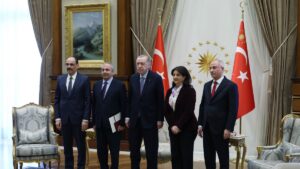
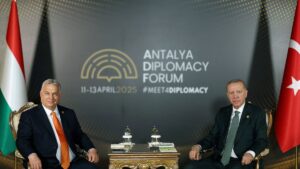


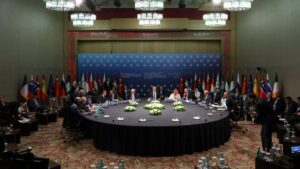






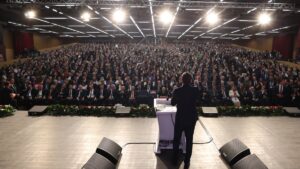


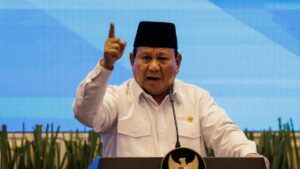




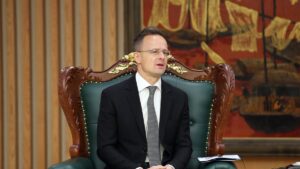






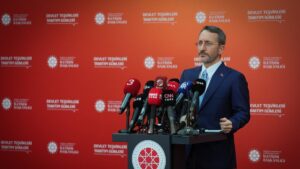





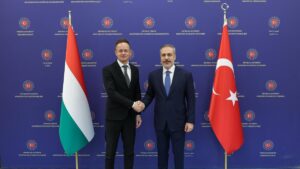




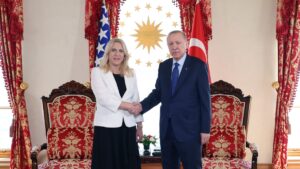
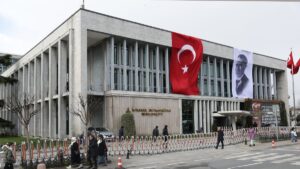


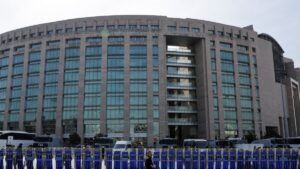


Be First to Comment